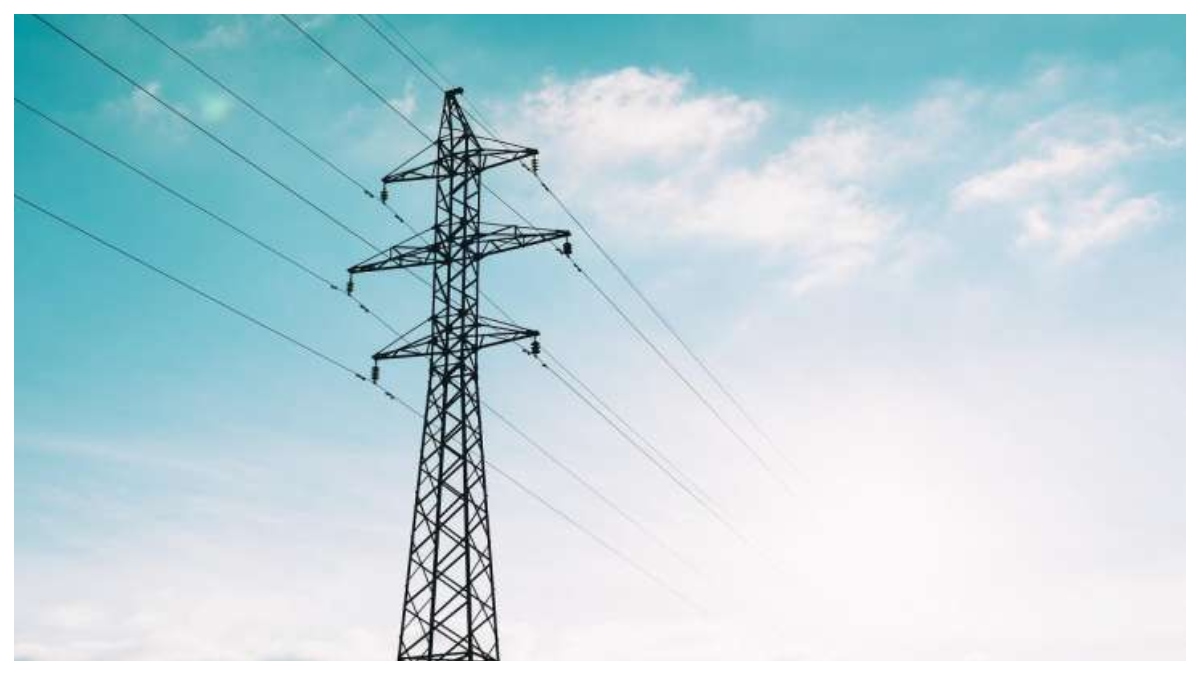New Power Tariff Rule: Electricity consumers nationwide can potentially reduce their power bills by up to 20% through strategic electricity usage during solar hours or daytime hours as the government plans to implement a ‘time of the day’ tariff. The Government of India has introduced two amendments to the existing power tariff system under the Electricity (Rights of Consumers) Rules, 2020. These changes include the introduction of Time of Day (ToD) Tariff and the rationalization of smart metering provisions.
Time of Day (ToD) Tariff
The Time of Day (ToD) tariff establishes different rates for different times of the day, allowing consumers to avoid using electricity during peak hours when rates are higher. Instead of paying a fixed rate all day, the price consumers pay for electricity will vary based on the time of day. Under the ToD Tariff system, the tariff during solar hours (specified as an eight-hour duration by the State Electricity Regulatory Commission) will be 10% to 20% lower than the normal tariff, while the tariff during peak hours will be 10% to 20% higher, according to a statement from the Ministry of Power.
The ToD tariff will be applicable to Commercial and Industrial consumers with a maximum demand of 10 KW and above starting from April 1, 2024. For all other consumers, except agricultural consumers, the new rule will be effective from April 1, 2025.
For consumers with smart meters, the ToD tariff will be implemented immediately after the installation of such meters. The Ministry of Power stated, “The Government of India has introduced two changes to the existing power tariff system through an amendment to the Electricity (Rights of Consumers) Rules, 2020. The changes include the introduction of Time of Day (ToD) tariff and the rationalization of smart metering provisions.”
Benefits for Consumers and Providers
Union Power and New & Renewable Energy Minister R K Singh highlighted that the ToD tariff is beneficial for both consumers and electricity providers. The ToD tariffs, which include separate rates for peak hours, solar hours, and normal hours, provide price signals to consumers and enable them to manage their electricity usage according to the tariff. By being aware of and efficiently utilizing the ToD tariff mechanism, consumers can reduce their electricity bills, as stated by Singh.
Singh explained that since solar power is cheaper, the tariff during solar hours will be lower. On the other hand, during non-solar hours, thermal power, hydropower, and gas-based capacity are used, which have higher costs than solar power. This cost difference will be reflected in the Time of Day Tariff, according to Singh.
The implementation of the ToD tariff will also facilitate better integration of Renewable Energy sources into the grid, leading to a faster energy transition for India. Singh stated, “The ToD tariff will improve the management of renewable generation fluctuations, incentivize demand increase during periods of high renewable energy generation, and ultimately increase the grid integration of a larger quantity of renewable power.”
Most State Electricity Regulatory Commissions (SERCs) have already implemented ToD tariffs for large Commercial and Industrial (C&I) consumers in the country. The installation of smart meters will enable ToD metering at the domestic consumer level in compliance with the Tariff Policy mandate.
Amendments to Smart Metering Provisions
The amendments to the smart metering provisions aim to simplify the rules and reduce inconvenience for consumers. The Ministry stated that existing penalties for an increase in consumer demand beyond the maximum sanctioned load/demand have been reduced. After the installation of a smart meter, penal charges based on the maximum demand recorded by the smart meter before the installation date will not be imposed on consumers.
In addition, the load revision procedure has been rationalized so that the maximum demand will only be revised upwards if the sanctioned load has been exceeded at least three times in a financial year.
Furthermore, smart meters will be read remotely at least once a day, and the data will be shared with consumers to enable them to make informed decisions about their electricity consumption, as stated by the Ministry.
The Electricity (Rights of Consumers) Rules, 2020 were notified by the government on December 31, 2020. These rules aim to ensure timely provision of new electricity connections, refunds, and other services, and impose penalties on service providers and compensation for consumers in case of willful disregard of consumer rights. The current amendment to the rules is part of the government’s efforts to empower power consumers, ensure reliable 24X7 electricity supply at an affordable cost, and create a conducive environment for investment in the power sector.
Latest Business News
Denial of responsibility! SamacharCentrl is an automatic aggregator of Global media. In each content, the hyperlink to the primary source is specified. All trademarks belong to their rightful owners, and all materials to their authors. For any complaint, please reach us at – [email protected]. We will take necessary action within 24 hours.

Omprakash Tiwary is a business writer who delves into the intricacies of the corporate world. With a focus on finance and economic landscape. He offers readers valuable insights into market trends, entrepreneurship, and economic developments.


